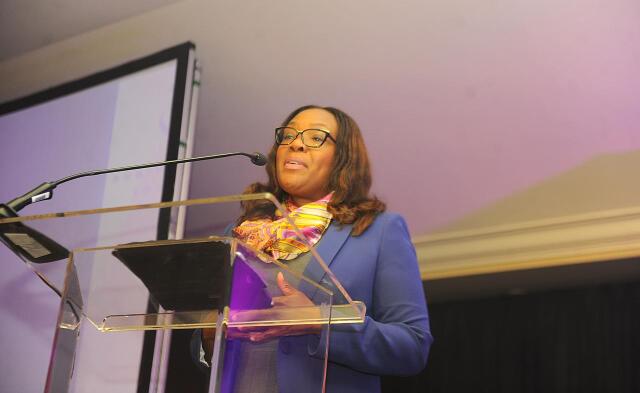Some of the UIF’s poor controls saw it issuing payments to people who were in prison, unemployed and even dead.
DURBAN – Auditor-General Tsakani Maluleke has commended significant improvement and recoveries made by some of the state entities that were flagged for poor financial controls in the disbursing of the Covid-19 relief funds, including the Unemployment Insurance Fund (UIF).
On Wednesday, Maluleke released the updated findings on the second audit of Covid-19 relief funds.
The findings were a follow-up to the first audit results which were released by then auditor-general Kimi Makwetu, in September, and which pointed to mismanagement and corruption in the disbursing of some of the R500 billion relief package meant to mitigate the effects of the virus.
Makwetu had attributed those to poor financial controls and wrongdoing, including overpricing, unfair tender processes and potential fraud.
Maluleke said the second audit had focused on the socio-economic spend and followed up on the first report to look at whether the recommendations the office gave to departments and state entities were followed.
She said the Department of Labour and Employment, which became the focus of financial mismanagement concerns after the inappropriate payment of people who were not legitimate beneficiaries of the UIF Temporary Employer/Employee Relief Scheme (Ters), had taken corrective action since the release of Makwetu’s report.
Some of the UIF’s poor controls saw it issuing payments to people who were in prison, unemployed and even dead.
“The subsequent transactions following our audit and recommendations look a lot better that the first phase. The exceptions are still there and things are not perfect yet but much fewer exceptions. The second thing is that there were consequences that were metered out to people who performed poorly and had maintained systems that resulted in that level of loss to the UIF.”
She hailed the success in recovering some of the billions of rand that the UIF wrongly disbursed to illegitimate beneficiaries.
“As we speak now, R3.4bn has gone back to the coffers of the UIF because there was responsiveness. I think if we embrace this crisis as an opportunity to learn and galvanise our efforts to deal with the urgent need to strengthen our systems in government, we can win”
Maluleke said her special report did not include an audit on local government as the office was working on the third instalment of the Covid-19 relief spend which would focus on municipalities and be issued next year.
She said Sassa had, up to the end of September, spent around R31bn on various benefits that were meant for vulnerable households.
Despite widespread of poor controls, many of the benefits designed to ensure socio-economic relief for citizens had been delivered.
“Around 5.6 million people benefited from this special relief grant, and 11.8-million South Africans and their families benefited from the top-up grants and a number of families benefited from the food parcels.”
Maluleke said the effectiveness of many initiatives was compromised due to the absence of stable disciplines and controls in the government.
“Some of our initiatives did not achieve the success that they should have, because we do not have appropriate levels discipline in planning, monitoring and in co-ordinating the effort of different players across the state.”








